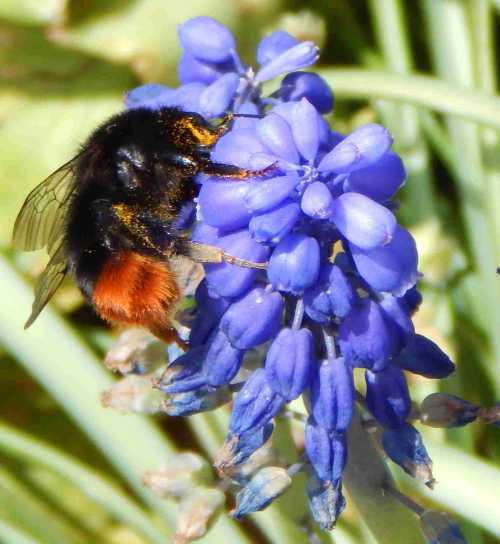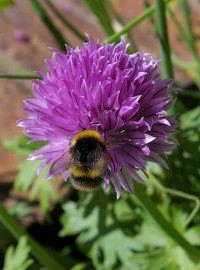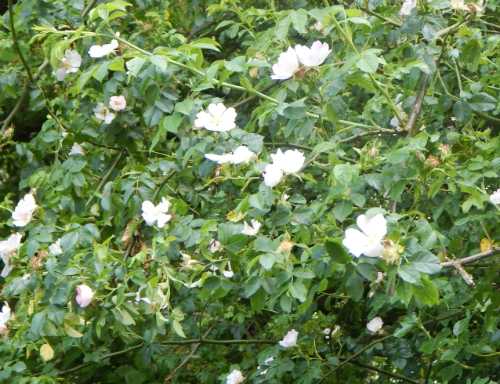Do Bees Visit Flowers In Winter?
Question:
Hi
I'm wondering how important it is to have winter flowering plants in the garden? Will the bees benefit that much?
If space is a bit limited, I might be better focusing on spring and summer, surely?
Do bees visit flowers in winter? I'm in the UK, if that's relevant.
Cate, UK.
Do bees visit flowers in winter?
The answer is 'yes'. Bees can sometimes be spotted as early as January or February, depending on the weather.
I have a whole page exploring the foraging activities of a wild honey bee colony foraging in January on a cool winter's day, no doubt replenishing the colony food stores.
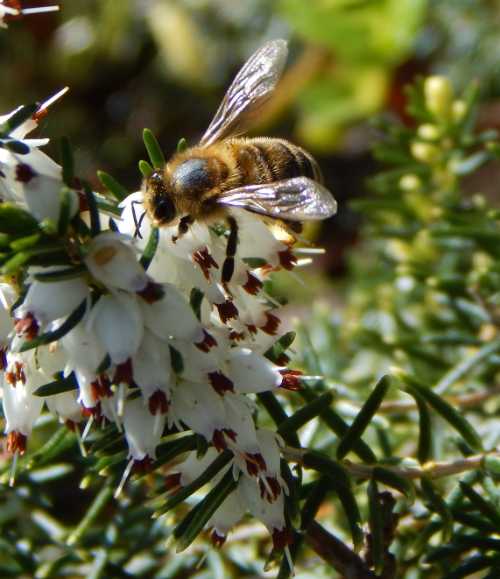 Honey bee worker foraging on winter heather in my small garden.
Honey bee worker foraging on winter heather in my small garden.Thirsty honey bees have been observed collecting water at temperatures as low as 39°F (4°C) according to Professor Thomas D. Seeley, in The Lives of Bees1.
Aside from this, you may see newly emerged bumble bee queens. Bumble bee queens, need to replenish their energy and fat reserves to sustain them whilst they seek a suitable nest site to lay eggs and rear their colonies. Upon finding such a site, they will need to collect food for rearing larvae.
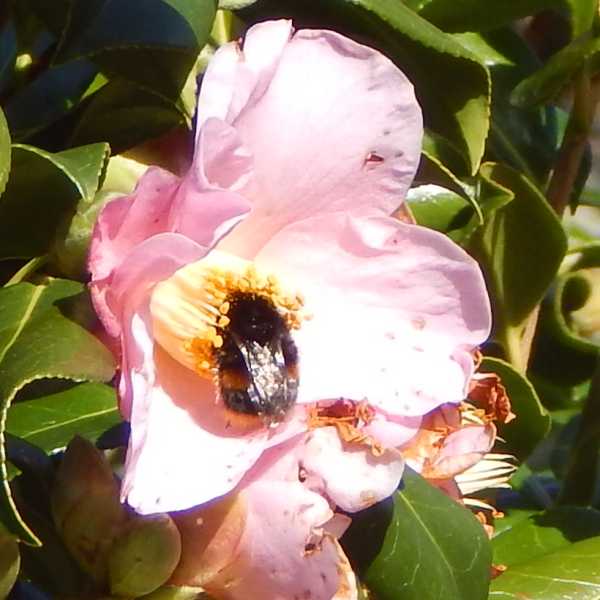 Buff-tailed bumble bee queen foraging on a winter-flowering camelia
Buff-tailed bumble bee queen foraging on a winter-flowering cameliaOf additional interest, see my page: can bumble bees survive cool temperatures.
Selecting Winter Plants For Bees
So having established that bees do indeed forage in winter, and the importance of early pollen and nectar sources, the question remains what to plant?
- Snowdrops (Galanthus) offer pollen and nectar for bees and are easy to grow in the ground or in pots.
- Definitely consider one or two winter flowering shrubs, some of which have an exquisite scent.
Shrubs can be relatively low maintenance, and provide efficient foraging opportunities for bees.
Winter flowering heathers and azaleas can be very useful, and heathers in particular can be especially helpful in small gardens. - Crocuses provide lots of pollen.
These flowers can easily be planted into a small lawn and are very pretty.
Alternatively, Crocuses can be planted in pots. - Daffodils native to your region are helpful to bumble bees. If you are in the UK, go for the native wild daffodil, Narcissus pseudonarcissus.
- Hellebores - go for the lovely open-flowered, single-petalled variety, such as Helleborus foetidus.
- Winter flowering Clematis may be worth a try, although in my experience it is very vigorous.
I think it will only be useful to you if you have a good wall against which you can support it. It's an evergreen, with lovely dark green leaves. - Pulmonaria blooms in early spring, and is a gift for bumble bees and hairy footed flower bees.
Is It Worth Including Winter Flowers In Small Gardens?
Yes, and there are ways to use space efficiently, even with a small garden:
- use flowering shrubs, such as heathers, and climbing Mahonia;
- make use of a small patch of lawn by planting it with crocus and snowdrops;
- use pots to maximise space.
If You Have A Large Garden ...
Please take a look at my page about winter flowering shrubs. There may be shrubs you had never thought of.
For example, if you have space, you could consider some of the larger trees and shrubs, such as the heavenly Daphne bholua among others.
Willows are another fantastic option, such as Salix caprea - Goat willow or pussy willow. Catkins provide a much needed source of pollen for bees in early spring.
Among the herbs, you could try rosemary. It will need a sheltered spot as it can be badly damaged in harsh weather.
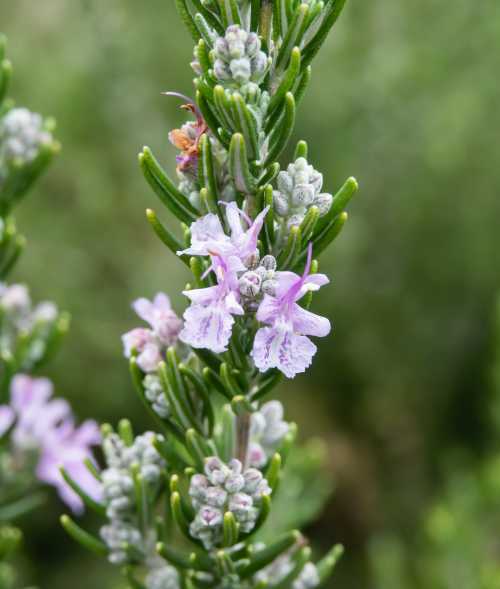 Rosemary
RosemaryResources
1. Thomas D. Seeley, The Lives Of Bees
If you found this page helpful or interesting, I'd really be grateful if you would share it with others - if not this page, perhaps another, such as Gardening For Bees.
Thank you so much :) .
